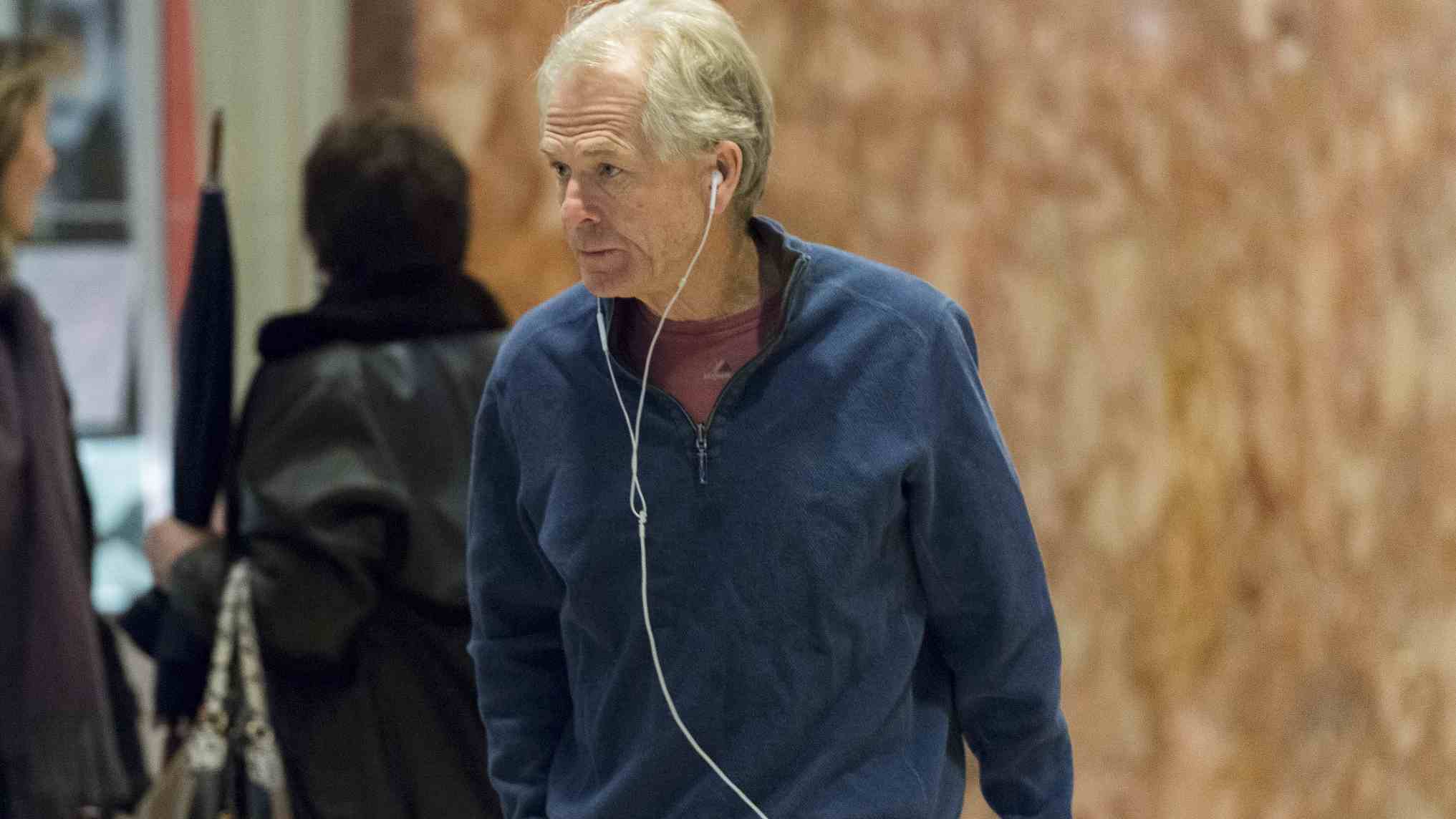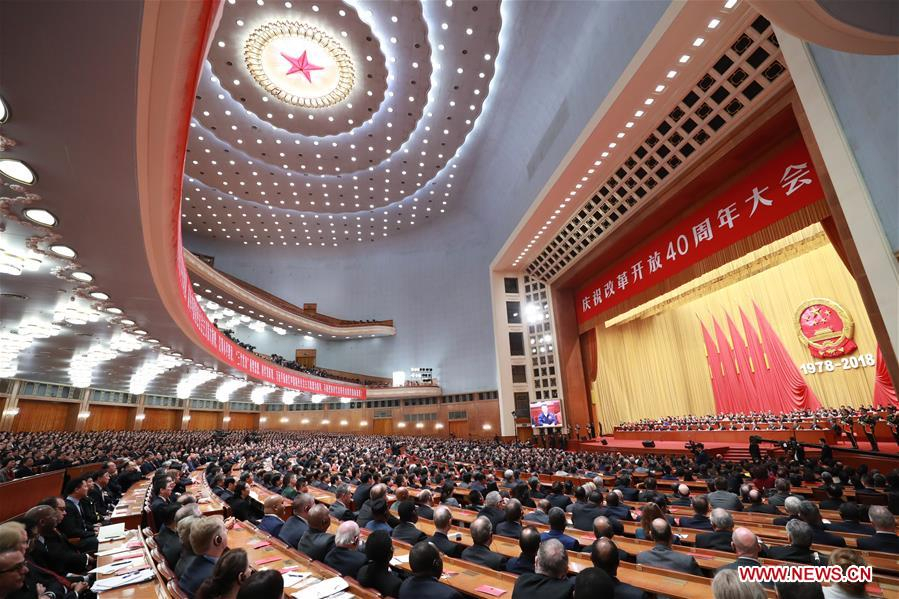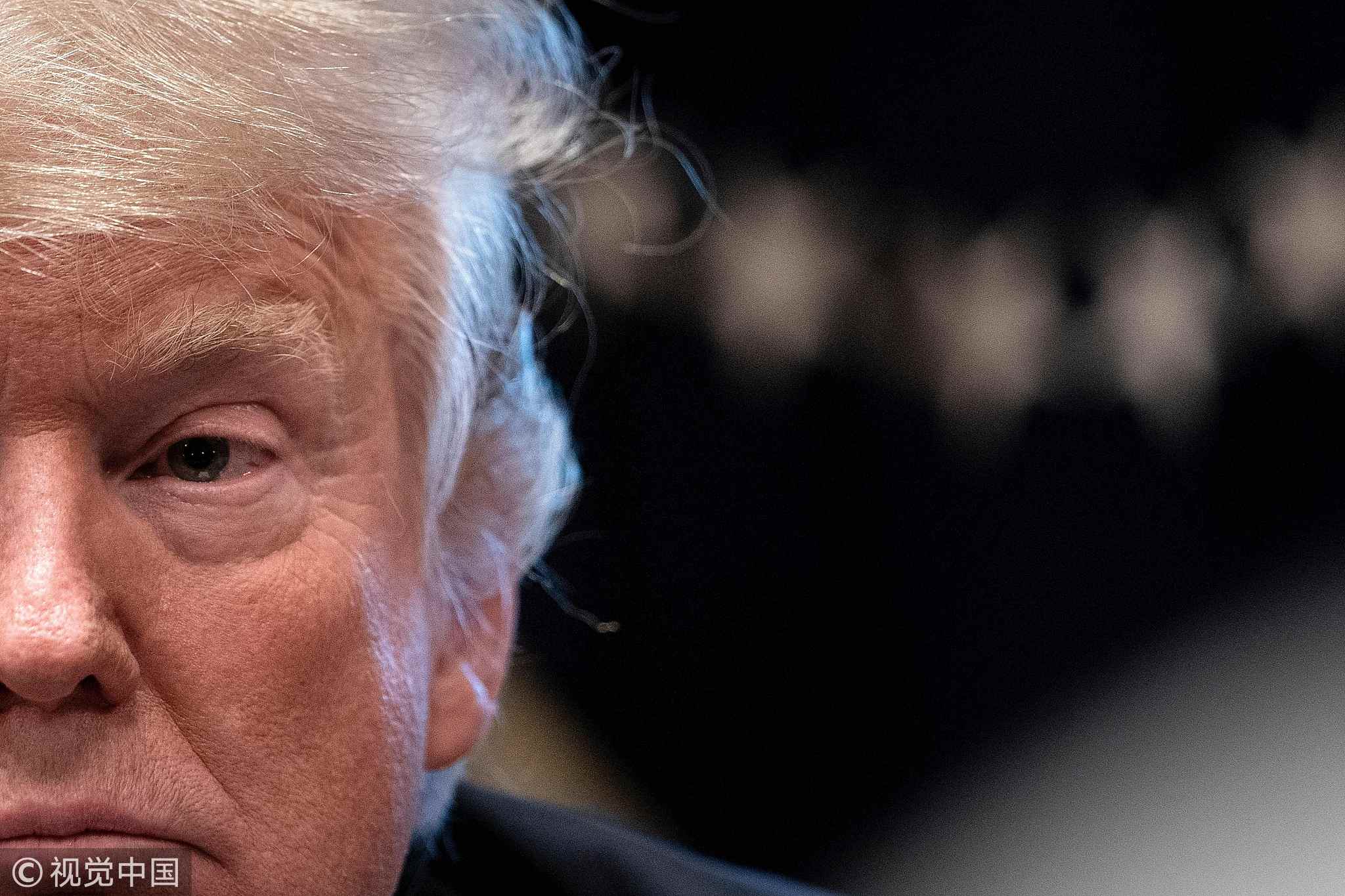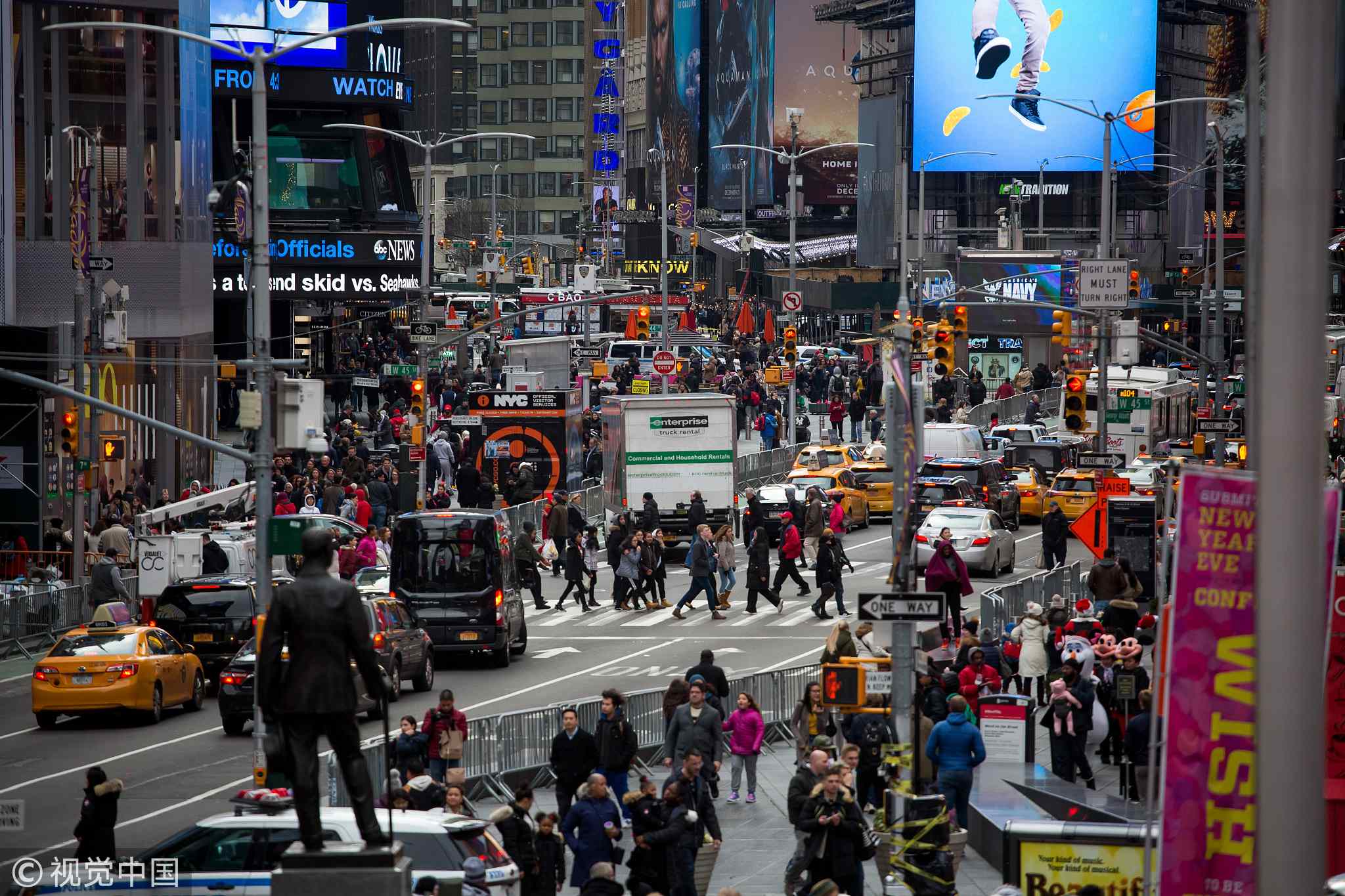
World
22:25, 18-Dec-2018
Trump's trade man: Peter Navarro
Updated
22:12, 21-Dec-2018
By Wang Xiaonan

"No one is in a position to dictate to the Chinese people what should or should not be done," said China's Foreign Ministry spokeswoman Hua Chunying in response to a reporter's question regarding White House Trade Advisor Peter Navarro's "structural change" rhetoric. Navarro, whose name rings loud among Donald Trump's trade warriors, said recently on CNBC and Fox Business Network that China needs "complete structural reform to put an end to all these practices which are disrupting the global economy."
Downplaying the rosy tone of the Beijing-Washington trade truce, the China hawk keeps delivering a tough stance, saying, "It's not about cash or commodities. It's structural change." He regarded China as "basically a 16th-century protectionist and mercantilist" without free, fair reciprocal trade.
At a regular press briefing on Tuesday in Beijing, Hua urged both countries to negotiate toward eliminating all the additional tariffs and quoted Chinese President Xi Jinping as saying, "We must resolutely reform what should and can be changed; we must resolutely not reform what shouldn't and can't be changed." Xi made the remarks at the gathering celebrating the 40th anniversary of the country's reform and opening-up Tuesday morning.

China holds a grand gathering to celebrate the 40th anniversary of the its reform and opening-up at the Great Hall of the People in Beijing, December 18, 2018. /Xinhua Photo
China holds a grand gathering to celebrate the 40th anniversary of the its reform and opening-up at the Great Hall of the People in Beijing, December 18, 2018. /Xinhua Photo
But what will come out of the 90-day time horizon given the hardballs lobbed by this chief trade negotiator? What role does he play in the on-off roller coaster that has been stirring the world market? Let's start with who is Peter Navarro.
Related Story: Who is Peter Navarro? His fallacy on trade and China
Navarro's ascent to become one of the key figures in the U.S.'s trade policy with China did not come about overnight. His claims about China siphoning away jobs from the U.S. and engaging in unfair trade practices goes back to when he was a professor at the business school at the University of California, Irvine.
He noticed that his MBA students were losing jobs, subsequently attributing the blame to what he saw as China's predatory practices in luring U.S. businesses away. He then applied his zeal for campaigning for local political office – though they all ended in failure – to condemning China, writing alarmist books such as "Death by China" that pitted China and the U.S. against each other in a zero-sum dash for economic dominance.
An Atlantic profile of Navarro published this month describes how the trade hawk avoids products made by China, noting that buying cheap goods from China might be “mortgaging America's future.” He thinks a growing U.S. trade deficit is a bad thing, and has done all he can to ensure that President Trump makes trade deals that benefits America, even at the expense of long-time allies and trade partners.
But this hawk on China, who is touting the doom and gloom of its allegedly unsavory economic practices, doesn't seem to be very knowledgeable about China at all. He doesn't speak the language nor visits it very often. Long-time China expert James McGregor, the governor of the American Chamber of Commerce in China, says Navarro is not known in any China circle.

U.S. President Donald Trump sits after a meeting with governors-elect in the Cabinet Room of the White House in Washington, DC, December 13, 2018. /VCG Photo
U.S. President Donald Trump sits after a meeting with governors-elect in the Cabinet Room of the White House in Washington, DC, December 13, 2018. /VCG Photo
As a key adviser to Trump, Navarro may not have to be knowledgeable, for he shares the president's convictions in believing that China has benefited at the expense of the U.S. for years. As long as this trade hawk carries out the message of his benefactor, who wants America and only America to be first, then his aggressive trade stance will continue to curry favor in this administration.
However, his role is not all-powerful. “Robert Lighthizer, the current United States Trade Representative, is the [more] dominant figure than Navarro in trade talks, but Navarro is quite influential on shaping Trump's trade mentality,” said Zhao Minghao, a senior research fellow with Charhar Institute.
Sun Chenghao, an American studies expert at the China Institutes of Contemporary International Relations, agrees, adding that Navarro has a barrage of foes in the West Wing so that he can only count on the mercurial Trump. “Navarro is actually too radical to guarantee his own standing if the trade negotiations go sour,” Sun told CGTN.
Navarro's remarks came amid the bombardment over Huawei CFO Meng Wanzhou's arrest in Canada at the request of the U.S., casting a shadow over the recent trade truce. The case testifies to the wild speculation that the trade war between the world's two economic heavy hitters is not just about tariffs but the global dominance in hi-tech, namely, computer chips.

The Times Square neighborhood of New York, December 17, 2018. /VCG Photo
The Times Square neighborhood of New York, December 17, 2018. /VCG Photo
Trade skeptics in Washington have been striving to move the computer chip supply chain to the U.S., which they see as the birthplace of the technology. They believe that moving this humming industry back to the U.S. can create more jobs and bolster national security.
Nonetheless, one such American firm has 16,000 suppliers, over half of them abroad, according to a report by The Economist. And China is a market too huge to be ignored. Intel, Qualcomm, Micron, Nvidia and other American tech giants gained far more profits from the Chinese mainland than from the U.S. Qualcomm makes around 65 percent of its sales revenue in this market, while Micron makes 51 percent.
Hence, if Navarro and his protectionist fellows continue to force the return of this industry to the U.S., it will cause inestimable losses to American producers and consumers as well. And by then, can Navarro still claim that the U.S. is practicing the free, fair trade that he's pushing China for?

SITEMAP
Copyright © 2018 CGTN. Beijing ICP prepared NO.16065310-3
Copyright © 2018 CGTN. Beijing ICP prepared NO.16065310-3